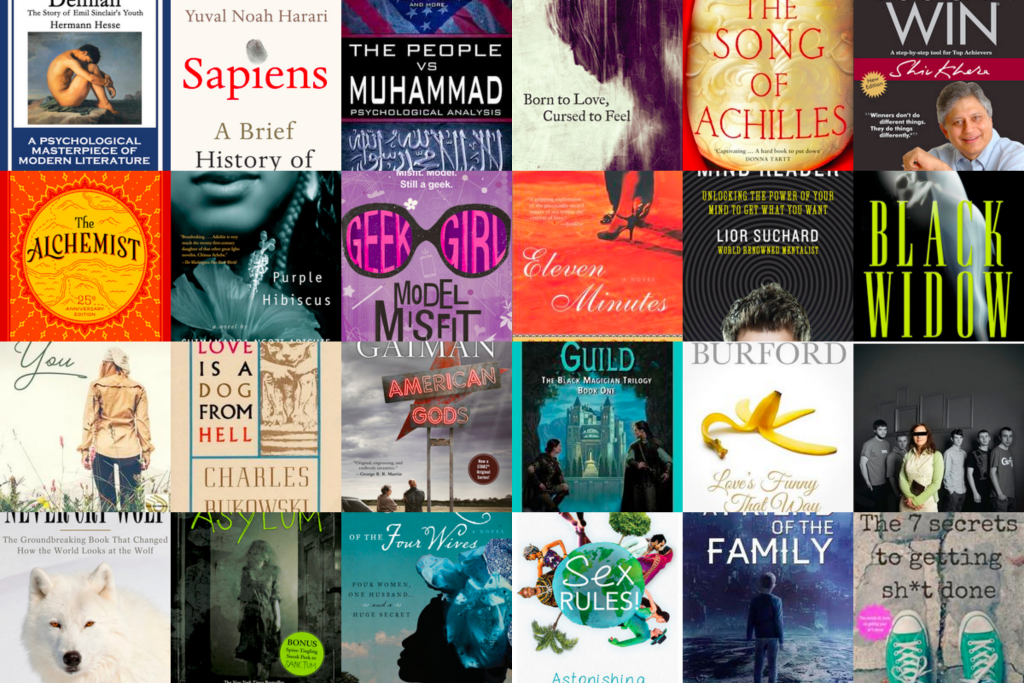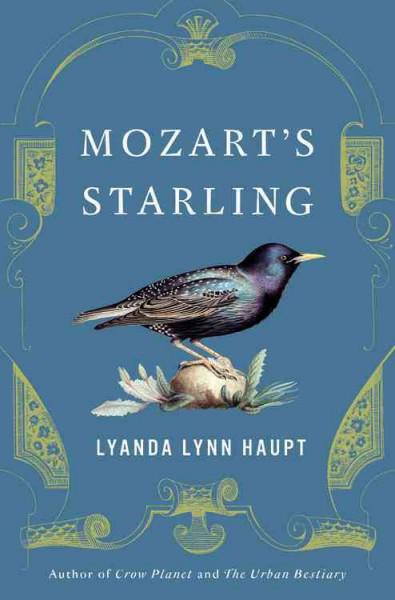

Some think of the suffrage movement as the story of white women. There is much more to any social movement than its national leaders that’s especially true of the suffrage movement.

My secondary purpose was to knock known leaders off their pedestals. “There is the sense that the history of the suffrage movement was bland or boring or unimportant, but that is not accurate” So, I embraced the strategy of conveying the history through a combination of short biographical portraits of suffragists paired with the stories of objects identified with the movement. I thought another doorstop of a book about the sweeping history of the movement would be boring to read and write. I set out to tell their stories in a way that would engage readers. The women’s suffrage movement was filled with creative, unconventional and courageous characters. There is the sense that the history of the suffrage movement was bland or boring or unimportant, but that is not accurate. What did you set out to achieve by writing it? It’s a wonderful read each chapter tells us about a different set of fascinating characters and objects and events. What I’m hoping is that the centennial will prompt people to think: ‘Why don’t I know more about the suffrage movement? Maybe I’d like to learn a little bit more-and maybe I’ll read that new book by Susan Ware!’ The centennial of the Nineteenth Amendment seems like a good chance to rectify that. By the time you get to World War II, what women had gone through to get the vote was forgotten, in the way that women’s contributions are so often marginalized. There were multiple early histories of the suffrage movement-attempts to cement its significance in American history-written by the suffragists themselves. I fear one of the reasons is that we don’t know as much as we should about the history of American women.Īnd it’s not for lack of trying. It drew on the time, talent and energy of three generations of women, and yet few Americans could name more than a single suffragist. Why don’t more people know about the suffrage movement? It was, after all, the largest political mobilization of women to date. In your recent book Why They Marched: Untold Stories of the Women Who Fought for the Right to Vote, you observe, “Most Americans dismiss the Nineteenth Amendment as a minor inconsequential reform, in contrast to the anti-slavery and civil rights movements, which are presented as central to the ongoing struggle for equality and diversity in a democratic society.” I want to begin by asking you a question posed in your introduction: Why hasn’t the suffrage movement won a similar place in the historical canon?



 0 kommentar(er)
0 kommentar(er)
